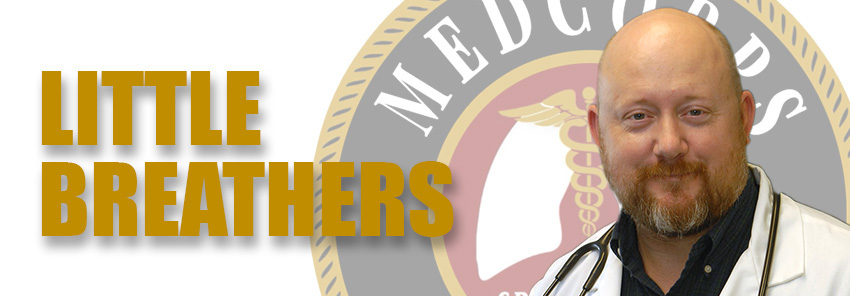
Understanding Pulmonary Fibrosis: Causes, Symptoms, and Treatment Options
By Allen L. Silvey, Jr., DO
Pulmonary fibrosis is a chronic and progressive lung condition characterized by the scarring and thickening of lung tissue. This scarring, known as fibrosis, impairs the ability of the lungs to function properly and affects a person's breathing. In this article, we will delve into the causes, symptoms, and available treatment options for patients with pulmonary fibrosis, providing a better understanding of this condition.
- Causes of Pulmonary Fibrosis:
- Environmental and occupational exposures: Prolonged exposure to certain substances such as asbestos, silica dust, coal dust, or metal dust can increase the risk of developing pulmonary fibrosis.
- Medications and radiation therapy: Certain medications, such as chemotherapy drugs or some antibiotics, and radiation therapy to the chest area may damage lung tissue and lead to fibrosis.
- Autoimmune diseases: Some autoimmune conditions, like rheumatoid arthritis or systemic sclerosis, can result in pulmonary fibrosis.
- Genetic factors: In rare cases, genetic mutations can lead to the development of familial pulmonary fibrosis.
- Symptoms of Pulmonary Fibrosis:
- Shortness of breath, especially during physical activity
- Dry, persistent cough
- Fatigue and weakness
- Chest discomfort or tightness
- Unintentional weight loss
- Gradual decline in exercise tolerance
- Clubbing of the fingers and toes (enlarged fingertips)
- Diagnosis and Treatment Options:
- Medications: Certain medications can help slow the progression of fibrosis and preserve lung function.
- Oxygen therapy: Supplemental oxygen can improve breathing and provide relief from breathlessness.
- Pulmonary rehabilitation: This involves a tailored exercise program, breathing techniques, and education to optimize lung function and enhance overall well-being.
- Lung transplantation: In severe cases, where pulmonary fibrosis has significantly affected lung function and quality of life, lung transplantation may be considered.
- Lifestyle and Self-Care Strategies:
- Avoiding respiratory irritants: Minimize exposure to cigarette smoke, dust, chemicals, and pollutants that can worsen symptoms and damage the lungs.
- Vaccinations: Stay up to date with recommended vaccinations, including the annual flu vaccine and pneumococcal vaccine, to reduce the risk of respiratory infections.
- Healthy lifestyle: Maintain a balanced diet, engage in regular physical activity as tolerated, and practice stress management techniques to support overall health and well-being.
The exact cause of pulmonary fibrosis is often unknown and referred to as idiopathic pulmonary fibrosis (IPF). However, certain factors and conditions can contribute to the development of pulmonary fibrosis, including:
The symptoms of pulmonary fibrosis can vary from person to person, but they often include:
Diagnosing pulmonary fibrosis involves a combination of medical history review, physical examination, imaging tests, and lung function tests. Once diagnosed, treatment options focus on managing symptoms, slowing disease progression, and improving quality of life. Some common approaches include:
In addition to medical interventions, patients with pulmonary fibrosis can adopt certain self-care strategies to manage their condition:
Pulmonary fibrosis is a chronic lung condition that requires comprehensive management and ongoing care. While there is currently no cure for pulmonary fibrosis, various treatment options and lifestyle strategies can help slow disease progression, manage symptoms, and improve quality of life. If you experience persistent respiratory symptoms, it is important to seek medical attention and get an accurate diagnosis. By working closely with your pulmonologist, adopting self-care practices, and accessing appropriate treatments, individuals with pulmonary fibrosis can lead fulfilling lives while managing their condition effectively.
Give us a call at 856-352-6572 to schedule an appointment



